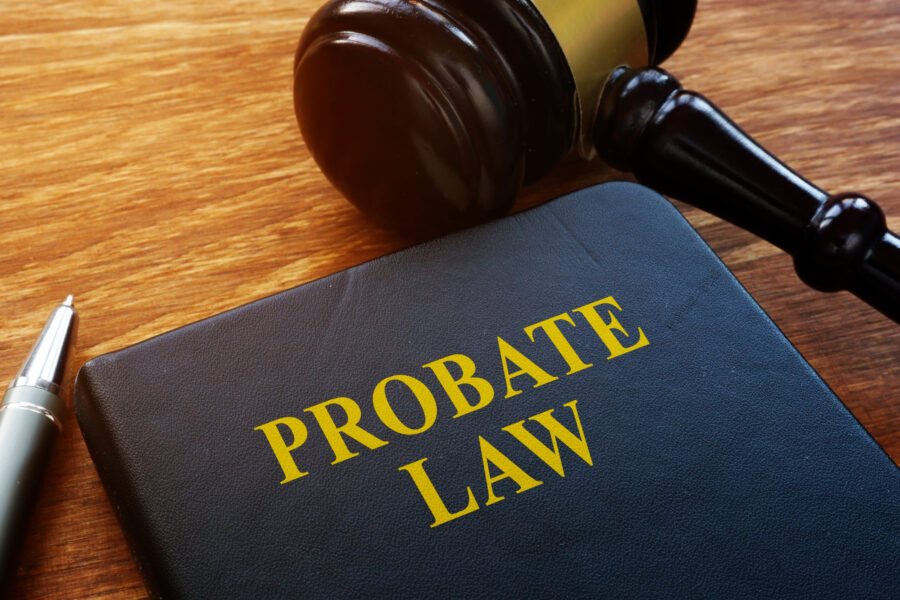
Does a Surviving Spouse Need Probate in Texas?

The loss of a spouse is painful enough without the added agony and frustration of the probate process. However, with the help of an experienced Texas estate planning lawyer, you can minimize the burden placed on your spouse in the event of your passing. This page will explain Texas probate laws as they concern surviving spouses, and outline a few steps that can be taken to avoid or expedite the probate process.
What is Probate?
Probate is a legal process by which a person’s estate is distributed after their death. This is done according to the terms laid out in that person’s validated will or by the court in the case where the person died intestate — that is, without a will.
How Does Probate Work if I Survive My Spouse?
To understand the process of probate after your spouse passes away, it’s helpful to understand how property is categorized.
First, property can be personal (for example, cars, bank accounts, and jewelry) or real (that is, land and anything built on the land). Furthermore, Texas property laws divide property owned by spouses into two categories: separate and community. Property is separate if it was acquired prior to marriage, if it was a familial gift or family inheritance that was obtained during the marriage, or if it was compensation that was awarded or obtained as a result of injuries sustained in an accident during the marriage. Any property acquired during the marriage is considered community property. Each spouse has an equal claim to this community property, and can therefore be said to own half of it.
If your spouse passes away without a will, Texas law states that you will retain your half of the community property and your spouse’s half of the community property if you meet either of the following conditions:
- You and your spouse share children and your spouse has no other children
- Your spouse has no children or other blood relatives.
If you and your deceased spouse share children, and your spouse also has other children of whom you are not the parent, then your deceased spouse’s half of the community property will be divided among their other children.
If your spouse passes away, and they do have a will, then it will be executed as written, provided it is valid. If a dispute arises regarding the execution of the will, then it will need to be probated in court.
How Could an Attorney Help Me Protect Our Assets?
Estate planning is the primary means by which you and your spouse can protect your assets in the event of your passing. The likelihood of having to go through probate can be greatly reduced if certain steps have been taken. For example, a living trust can allow a decedent’s beneficiaries to take possessions of assets owned by the trust without the need to go through probate. Furthermore, designating property as jointly owned with your spouse will allow them to take sole possession of that property after your death through what’s called the “right of survivorship.”
An experienced estate planning lawyer can help you make the proper decisions to ensure that both you and your spouse’s assets are protected in the event of your death.
Contact Earl Hargrave
The Bedford, TX estate planning and probate attorneys at Earl Hargrave can help you avoid having to go through the difficult process of probate as a surviving spouse following your spouse’s death by helping you create an effective estate plan. We have years of experience helping clients navigate the probate process, and can put this experience to work on your behalf. We can advocate for your best interests and protect your rights. Call us today at 817-282-0679 or contact us online to schedule a consultation.






